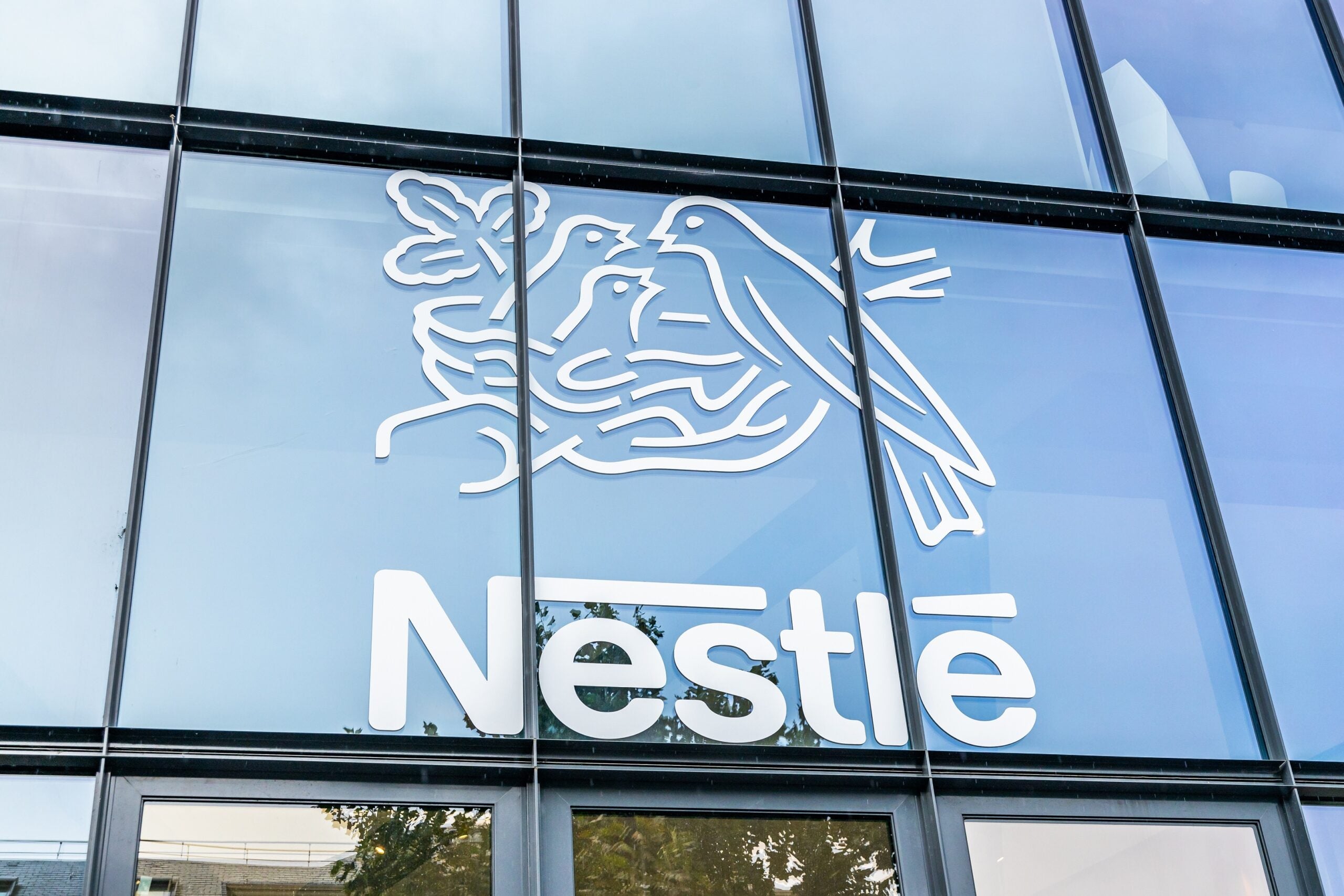
Nestlé has been given the all-clear to partially re-open a Buitoni factory at the centre of a fatal E. coli outbreak earlier this year.
Health authorities have given Nestlé permission to re-open the Buitoni pizza plant in Caudry in northern France which has been closed for nine months following an outbreak of E. coli which resulted in the death of two children.

Discover B2B Marketing That Performs
Combine business intelligence and editorial excellence to reach engaged professionals across 36 leading media platforms.
But, in a statement sent to Just Food, the Swiss giant confirmed the green light to re-open only relates to the production line that was not affected by the recall of Buitoni-branded Fraîch’Up frozen pizzas in March. The line affected remains closed and the company is working with the French health authorities to get that line reopened as soon as possible.
It said: “The Fraîch’Up pizza range and the production line that was affected by the recall remain suspended until further notice.”
More than 50 people were affected by the outbreak of either haemolytic uremic syndrome (HUS) or Shiga toxin-producing E. coli (STEC) at the plant.
In its statement, a Nestlé spokesperson said: “Our thoughts are with the families of the victims of the E. coli STEC contamination. All the actions we have taken to date have been to ensure that such a situation can never happen again.”

US Tariffs are shifting - will you react or anticipate?
Don’t let policy changes catch you off guard. Stay proactive with real-time data and expert analysis.
By GlobalDataIt said the restart follows a process lasting several months, in consultation with French authorities, to “meet detailed specifications on the safety of supplies and products and on a plan to modernise the plant”.
Measures agreed include the “prevention of bacteriological risk through controls of our raw materials and finished products both by accredited internal laboratories and external and independent laboratories”, Nestlé said. The company said it would share the results of these future controls with the health authorities.
The company added: “We need to give our consumers and customers strong guarantees and live up to their legitimate expectations. We are entering this reopening with an approach of proof and transparency for all.
“This year has also been difficult for all the employees of Buitoni. We would like to thank them for the work they have done to provide the necessary guarantees for a restart in the best conditions.”
The company has not said when the plant – which it hoped would partially re-open last month – will restart production.
France’s national public health agency, Santé Publique France, made its first statement on rising cases of haemolytic uremic syndrome (HUS) or Shiga toxin-producing E. coli (STEC) on 25 February.
On 18 March, Nestlé announced a recall of Fraîch’Up pizzas marketed since June 2021. At the start of April, the Paris prosecutor’s office opened an investigation into alleged involuntary manslaughter. Health officials ordered production at the Caudry factory to cease five days later.
Last month, French TV programme Envoyé Spécial claimed an internal document showed Nestlé found E. coli in flour at the Buitoni pizza factory back in August 2021. The bacteria was picked up in flour at the site seven months before the company recalled almost 1m pizzas and halted production.
Nestlé is facing a preliminary criminal investigation, as well as a lawsuit brought forward on behalf of 55 of the victims. Lawyers for the affected families claim the first cases of children falling ill emerged in January.





